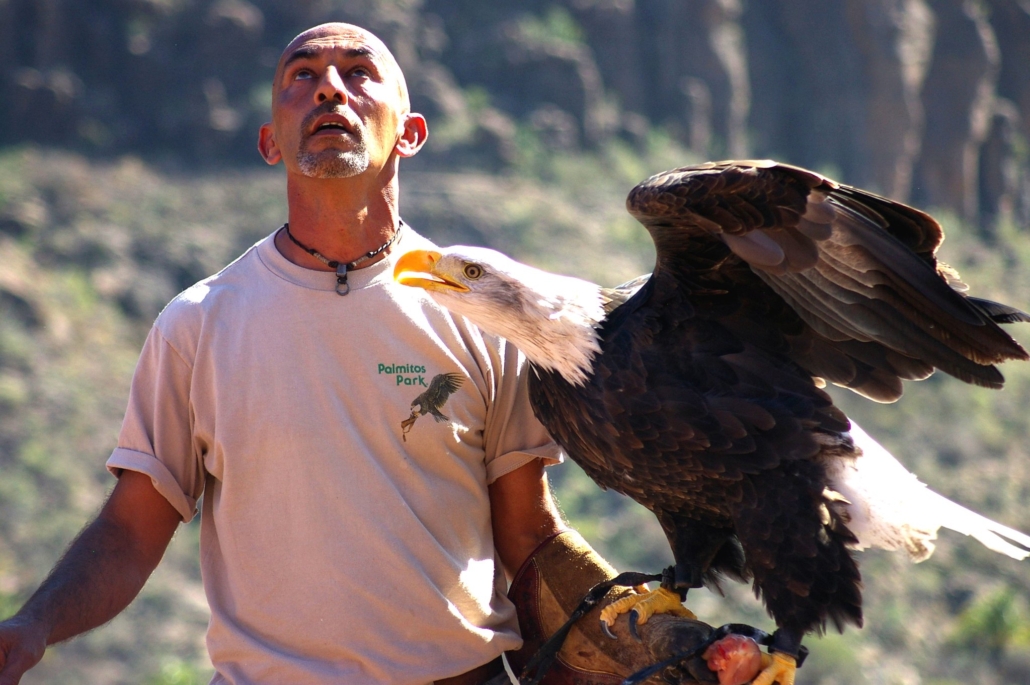Being Poor in the Canary Islands
 Many associate the Canary Islands with year-long sunshine and summer weather, a resort holiday destination for many within Europe. What many visitors might not know is that being poor in the Canary Islands is a reality for many; an issue that has worsened after the initial onset of the COVID-19 pandemic. This article will discuss the current situation of poverty in the archipelago, the reality of being poor in the Canary Islands and the work of local NGOs.
Many associate the Canary Islands with year-long sunshine and summer weather, a resort holiday destination for many within Europe. What many visitors might not know is that being poor in the Canary Islands is a reality for many; an issue that has worsened after the initial onset of the COVID-19 pandemic. This article will discuss the current situation of poverty in the archipelago, the reality of being poor in the Canary Islands and the work of local NGOs.
The Current Situation
The Canary Islands is the second poorest region of Spain. In 2023, 36% of the population live at risk of poverty and social exclusion. Even those employed face the risk of poverty due to rising rents and prices undermining their ability to have savings, this year 57% of all Canarians reported they cannot afford unexpected expenses. Being poor in the Canary Islands is also a gendered issue. Poverty in this region affects women more than men and poverty also particularly affects children.
The situation has worsened since the COVID-19 pandemic. Tourism is of great importance to the economy of the Canary Islands. In 2019, it accounted for 32.9% of the GDP of the islands and 36.3% of all jobs. As of 2021 (the last year there are figures for), those numbers were much lower at 22.6% and 25.7% respectively. The Spanish government has approved 30 million euros for use in 2023 to tackle this issue. One must note that this is a smaller budget than last year despite poverty figures worsening.
Rescate Canarias
There are several NGOs active in the archipelago fighting against poverty, one of which is Rescate Canarias. The hardest part of being poor in the Canary Islands is the lack of access to food and the growing digital gap, as those poverty in the Canary Islands most affects do not always have access to computers or the internet and now the government’s system to help the poor is fully digital. Founded in 2005, Rescate Canarias has helped Gran Canaria’s poor and most vulnerable for 18 years. Rescate Canarias provides hot meals once a day to 600 people in Gran Canaria from Monday to Friday. The organization also gives out food and clothes, provides showers for people to meet their basic hygiene needs and even runs a charitable hairdressing service.
Although hairdressing may not cross one’s mind as an essential service for the poor, it serves an important purpose. It allows those most vulnerable to still feel part of society, to be able to present themselves as they want and prevents certain issues such as lice, which can be shameful and make entering the job market hard. Another key service it provides to those who live in poverty or are at risk of it is help finding and securing a job.
The COVID-19 pandemic also affected Rescate Canarias, meaning it can no longer offer a hot meal at night, something it is trying to start doing again soon. Despite the setbacks from the pandemic and the limited funds, Rescate Canarias is actively fighting poverty in the archipelago. Recently, it organized an event to collect toys and Christmas gifts that for children at risk of poverty in the islands.
Being Poor in the Canary Islands
Despite the growing poverty figures in the Canary Islands the poor in the archipelago are not forgotten and many NGOs as well as the government, both at the national and local level, work tirelessly to lift people out of poverty and to help those who poverty most affects.
– Sara del Carmen Navarro Galvan
Photo: Flickr
